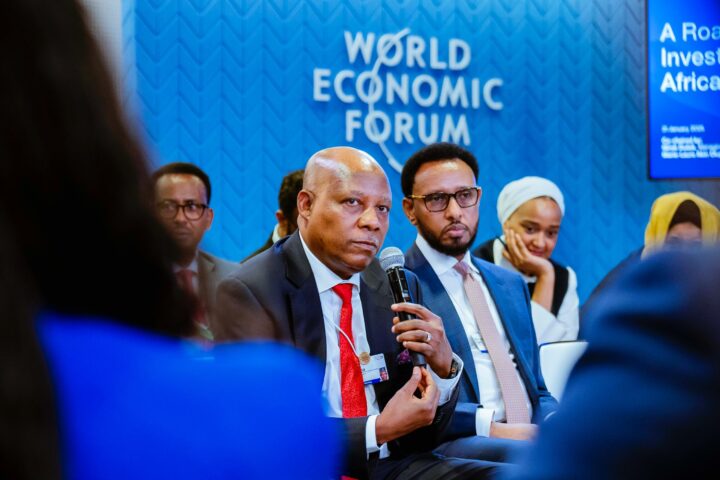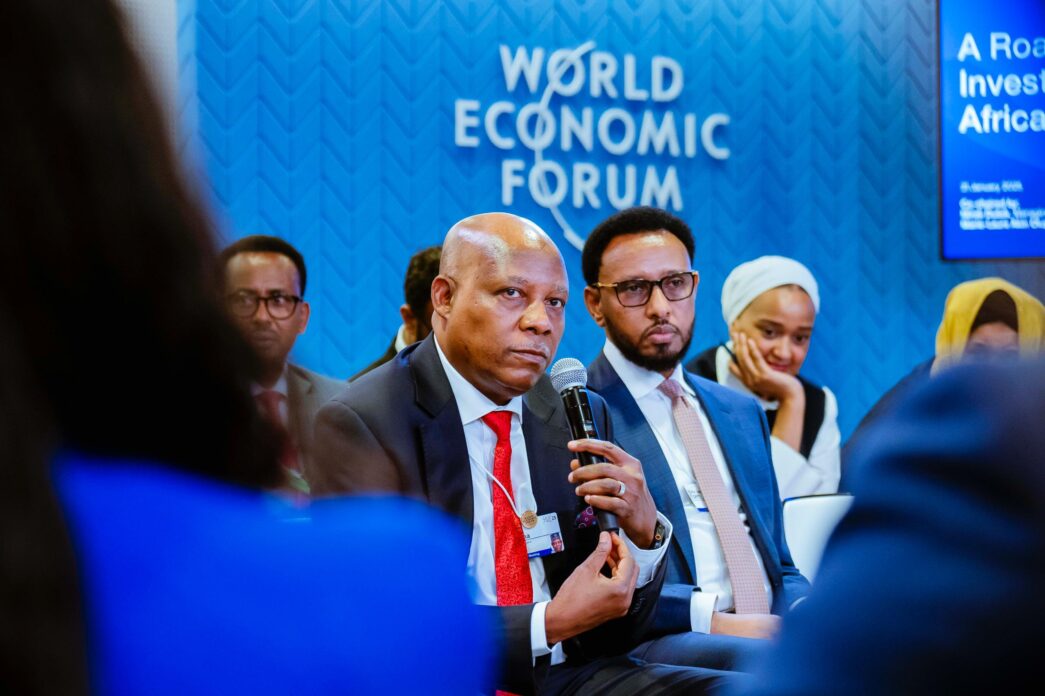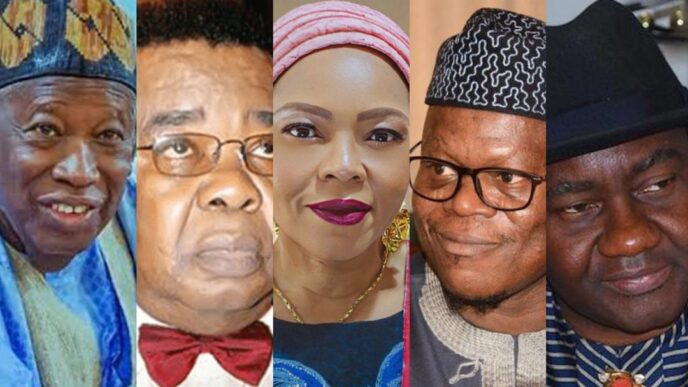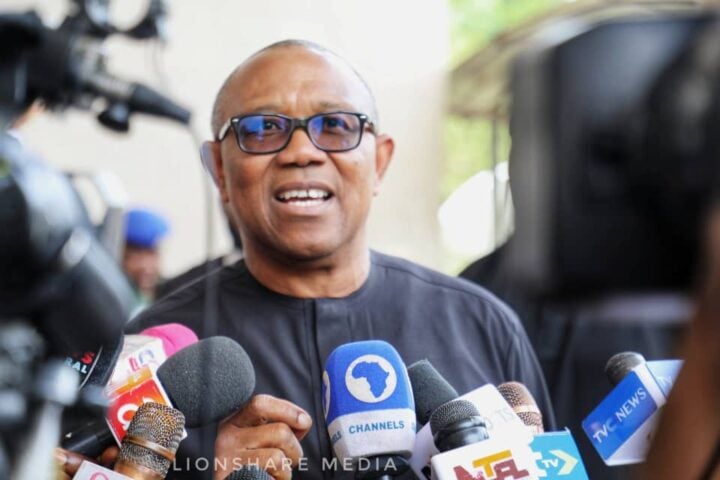Vice-President Kashim Shettima (with the mic) at Davos
Vice-President Kashim Shettima says he does not subscribe to the idea of foreign aid being the panacea to economic challenges in the global south.
Shettima spoke on Thursday at the World Economic Forum (WEF) 2025 in Davos-Klosters, Switzerland. The event is themed ‘Collaboration for the Intelligent Age’.
The WEF is a platform that brings together government, business, academia, and civil society leaders to address critical global challenges.
During a panel discussion, Shettima highlighted the need to invest in education, gender empowerment, and innovation to re-engineer African societies.
Advertisement
He underscored the importance of African nations leveraging their resources to shape global growth.
The vice-president added that Nigeria’s economic crisis presents a unique opportunity to erect a solid foundation.
“Yes, we have challenges. But those challenges are also pregnant with opportunities to re-engineer our society and build back better,” he said.
Advertisement
“The crisis has given us a unique opportunity, a unique window to invest in people. Especially on education, on gender empowerment initiatives, on smart agriculture, and leapfrog our economies into the post-industrial revolution.
“I don’t believe in aid. I believe in partnership. I would rather carry my poverty with dignity and deal with people, nations, and companies on a pedestal of equality, not a master-servant relationship.
“My continent is the richest in the world, and the trajectory of global growth is facing Africa. And Nigeria will make or mar that transition.
“So I move in with confidence, with cautious optimism, with hope for a better tomorrow. But most importantly, I believe that the youth of Africa are the drivers of change in Africa.”
Advertisement
On January 22, Shettima joined other world leaders on the sidelines of the WEF, in advocating for the full implementation of the African Continental Free Trade Area (AfCFTA) agreement.
He spoke about Nigeria’s readiness to spearhead the AfCFTA, and leverage the market potential of the initiative for digital transformation, and the economic integration of the African continent.
Add a comment












